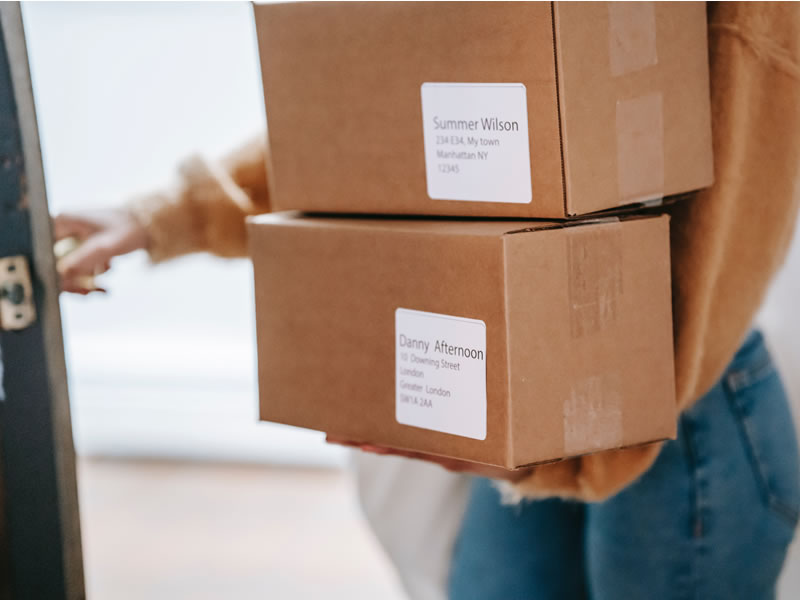
The right way is to equip the Brazilian Post Office to have the same treatment that Courier companies, such as Fedex, USDP, DHL, have at Brazilian airports, where there is a correct and honest inspection by the Inspectors of the Federal Revenue, who not only perform the collection of taxes, but also verify each item that arrives.
If the product received is in accordance with the value registered in the invoice, if the product is within those allowed for importation, as well as redirect to ANATEL or ANVISA, products for appreciation, and these certifiers have a presence at international airports, they can be approved to enter the Brazilian soil.
The Federal Revenue inspection at airports does much more than taxation, it performs an evaluation of the imported product according to Brazilian Laws.
When the order is released, it means, in addition to paying taxes, it is in accordance with the local certifying institutions.
The evolution of cross-border customs taxes, that is, Direct Import, should accompany Formal Import, perhaps with an Import Tax that accompanies the HS – Harmonized System. In this way, the impact of prices as well as tax differences will be much smaller.
In my humble point of view, taxation in any sort of import process should be an attribution of the Internal Revenue Service and its Auditors, who have always carried out this work in Brazil, looks like Brazilian government thinks like that.
The Beginning of the End of Non-Taxation in the Postal Model 08/16/2022
Rio de Janeiro Court of Justice holds marketplaces responsible for ICMS TAX not collected by sellers.
Marketplaces have suffered a setback in an important tax dispute. The Special Body of the Court of Justice of Rio de Janeiro (TJRJ) considered constitutional the law that make companies such as Mercado Livre, Magazine Luiza and Americanas liable for non-payment of ICMS by retailers who sell products on their online sales platforms.
In addition to Rio, Bahia, Ceará and Mato Grosso issued similar laws between 2019 and 2020. The duty to inspect emerged with the growth of these virtual shopping centers. Online sales – owned and from third parties – totaled BRL 161 billion in 2021, 27% more than in 2020, according to research firm Neotrust.
It doesn’t matter if it is a sale of an imported or national product, we are watching the Federal Revenue take the first thread, where the Sellers did not collect ICMS – The State Tax on Circulation of products, and use the juridical figure of “Solidarity Responsibility” by the Marketplaces.
The reader realizes that the movement will not “pursue” the Seller, but the marketplace that sold the product, after be charged, the marketplaces will repass the bill to the seller.
There is still an opportunity for Marketplaces to appeal to the courts, but this motive shows that it is much easier to punish a big one than many small ones that fit into their ecosystem.
The same will happen with products whose Import Taxes have not been paid by final consumers, so that Receita, Federal Brasileira will sooner or later ask for proof of payment for each imported product sold on Marketplaces.
Everything indicates that the model is designed as follows: marketplace is free to choose its model, with taxes paid, or without taxes paid on its sales, but it is not exempt from the responsibility of payment, whatever their choice, being the portal sales department “jointly responsible” whichever you choose.
